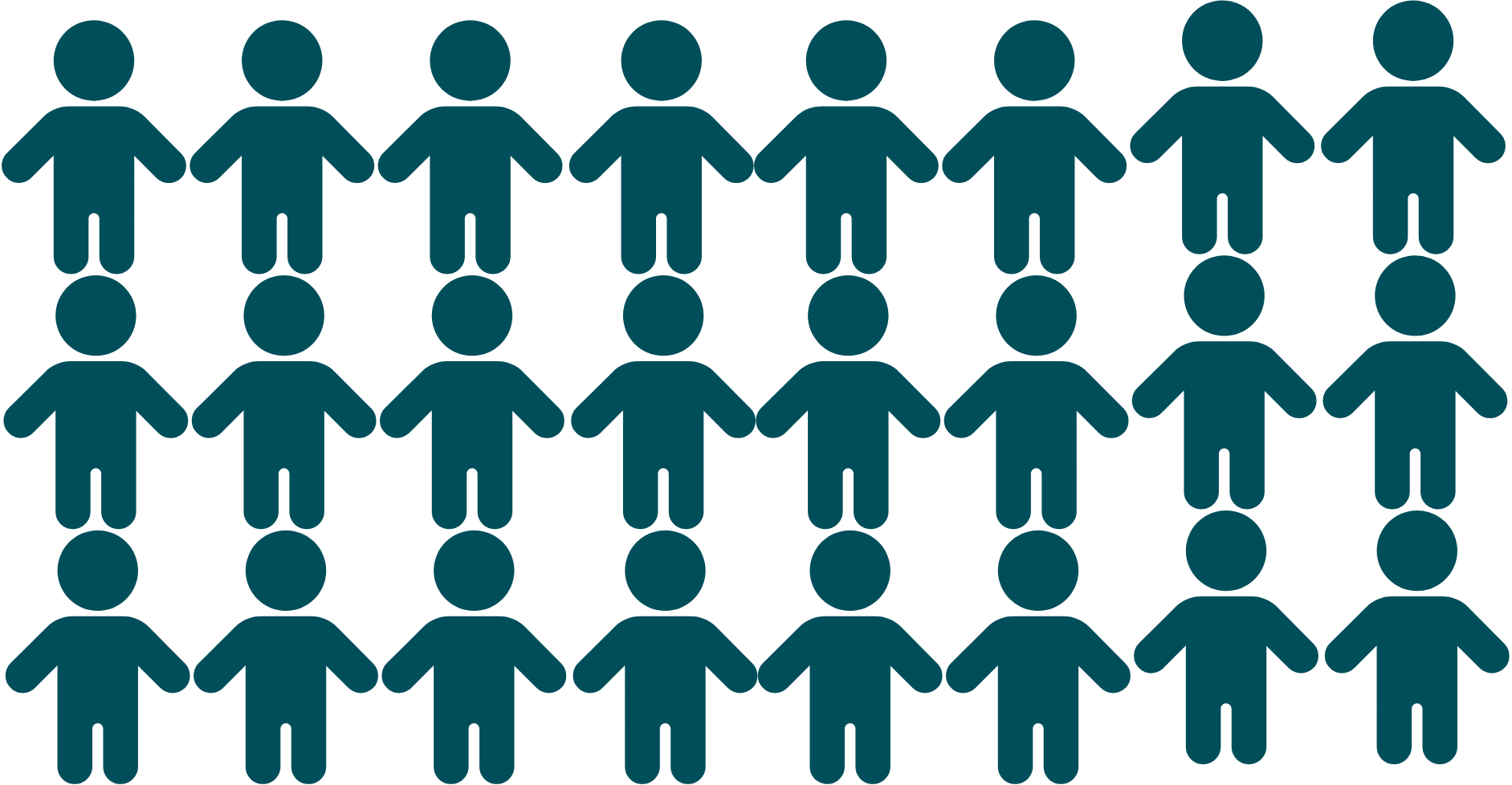3FN Member Programs
Children
Black children in Los Angeles County are placed in foster care much more often than other children
Even though they are only about 7 out of every 100 children in the county

they make up nearly 24 out of every 100 children in the foster care system.

This gap remains even when you take into account things like systemic racism, poverty or family struggles.
At 3FN, we are committed to changing this story.We serve all children with emphasis on Black children impacted by the foster care system with culturally grounded, faith-driven support that honors their identity, uplifts their potential, and protects their well-being.

Caregivers
We support a wide range of caregivers who step up with love and commitment to care for children impacted by the child welfare system:
Relative CaregiversGrandparents, aunts, uncles, and other family members caring for children within their family.
Kinship CaregiversTrusted family friends or individuals with a strong emotional connection to the child.
Foster Parents / Resource ParentsCertified caregivers providing temporary care for children in the foster system.
Adoptive ParentsThose who offer a permanent, loving home through adoption.
Legal GuardiansIndividuals granted legal responsibility for a child’s care and well-being.
Non-Related Extended Family Members (NREFMs)Adults who have a pre-existing relationship with the child and are approved to care for them.
Faith Community CaregiversChurch members and faith-based volunteers who provide informal or wraparound support to families and children.

Families
Many Black families face challenges that make it harder to stay together—like unfair treatment, lack of resources, and the impact of the child welfare system.
At 3FN, we support Black families with love, respect,
and practical help. We work with parents, relatives, and guardians—whether they are trying to reunite with their children, care for a child through foster care, or are at risk of entering the system.
Our network of churches and faith-based partners offers families what they need to stay strong, grow, and thrive—because we believe every family deserves a chance to heal and stay together.

Fostering FAQ's

A resource family, also called a foster or adoptive family, is a temporary or permanent arrangement in which a caregiver provides safe, stable care for a child or children whose birth parent is unable to.

Resource families include relatives, extended family members, and non-relatives. A resource family or parent can be single, married, divorced, or living with a partner and be of any race, ethnicity, religion, sexual orientation, gender identity or expression, or culture.
In order to be eligible to foster or adopt through DCFS, you must be a Los Angeles County resident, at least 18 years of age, and you must complete the resource family approval process. Immigration status alone is not a barrier to becoming a resource family.
You can also choose to foster or adopt through a foster family agency.

There is no minimum income and potential resource parents/families can live in an apartment or house you either rent or own, so long as you are able to care for a child.

DCFS welcomes all working parents and can help secure appropriate child care.

Becoming a resource parent requires flexibility, a willingness to grow and learn – but most of all a commitment to provide a safe, stable, and loving home for a child or children.
Many resource parents find it rewarding to help a young person during a time of need. Resource families ensure that the children in their care make it to court proceedings, have visitation days with their biological parents and other relatives, receive an education, and necessary medical care. Your child’s social worker will walk you through this to ensure you are well informed and prepared for this important role,